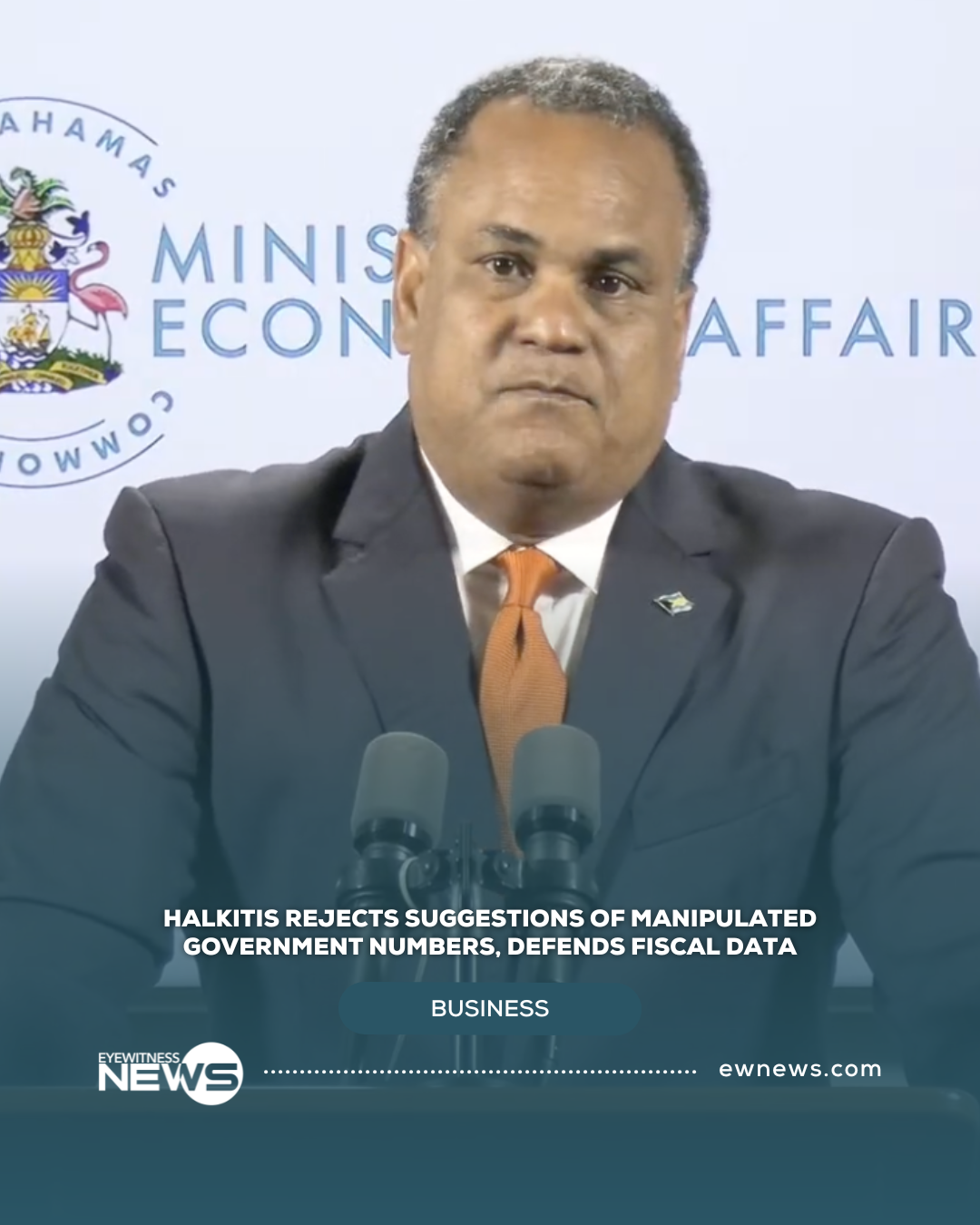NASSAU, BAHAMAS — Economic Affairs Minister Senator Michael Halkitis has firmly refuted claims questioning the reliability of the government’s fiscal data, emphasizing that all published figures undergo rigorous independent verification. Speaking at a press conference hosted by the Office of the Prime Minister, Halkitis highlighted that the Ministry of Finance, Treasury, Internal Audit, and the Auditor General meticulously review the data. He further noted that international entities such as the IMF, S&P, Moody’s, and Fitch, as well as private investors, rely on these figures when making investment decisions in The Bahamas. ‘There is no contemplation, let alone desire, to manipulate these numbers,’ Halkitis asserted, addressing recent allegations head-on.
The minister confirmed that the government concluded the 2024/25 fiscal year with a deficit of 0.5 percent of GDP, comfortably within the targeted range of 0.3 to 0.7 percent. He attributed this achievement to robust revenue growth, economic expansion, and effective expenditure control. ‘We are very pleased with this outcome,’ Halkitis remarked, underscoring the administration’s commitment to fiscal discipline.
In a significant development, Standard & Poor’s recently upgraded The Bahamas’ sovereign credit rating from B+ to BB-, a move Halkitis described as a step toward restoring the nation’s investment-grade status within the next two to three years. He linked the upgrade to the country’s strong economic performance, improved revenue administration, and prudent fiscal management.
Looking ahead, Halkitis clarified that while the government is not currently in a surplus, it anticipates a budget surplus of approximately $75 million by the end of the 2025/26 fiscal year. He also addressed delays in government payments to vendors, stressing that all properly contracted and certified work would be compensated.
On the issue of unemployment, Halkitis acknowledged a recent temporary uptick but expressed confidence in the government’s ability to address skill gaps in the job market. ‘The economy is generating demand for jobs, and we are ensuring our workforce is equipped to meet this demand,’ he concluded.
